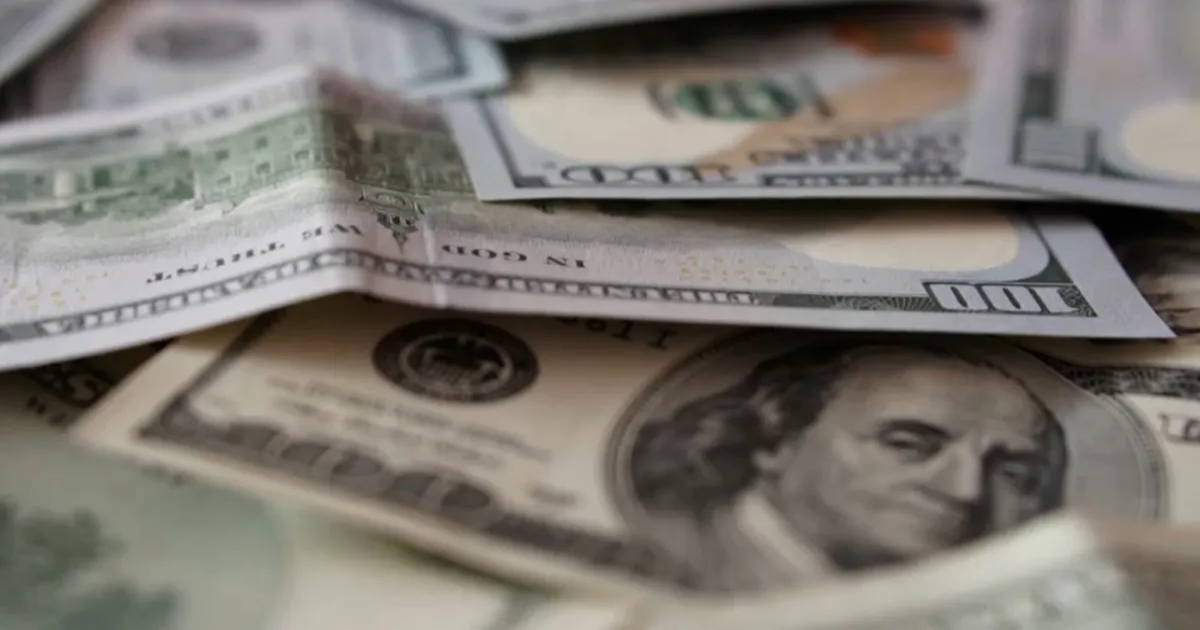As financial markets continue to experience volatile swings amid the implementation of tariffs by President Donald Trump, experts are offering tips on how to keep your money safe.
According to NBC News, the S&P has dropped more than 20% from its previous highs, potentially entering “bear market” territory amid continued uncertainty surrounding the Trump administration’s trade policies.
That volatility has wiped out trillions in value from the major markets, and left financial experts to describe investments in the current economy as the equivalent of sailing a ship into a storm, requiring changes in strategies and adjustments to the way money is invested.
“We think this is a good time to take a step back and either work with a financial advisor, or at least understand what your financial goals are,” Sumit Desai, managing director of Chicago-based Mesirow Financial, told NBC Chicago.
Where Americans are seeing big impacts is in their retirement accounts. According to the Census Department, more than 70 million Americans have invested in employer-sponsored 401K programs, saving nearly $9 trillion.
In the days since Trump announced his tariff plan, those investors have been hammered for losses totaling nearly $540 billion, according to experts.
While some experts have said a recession is possible, the Trump administration is largely rejecting those arguments, saying that the current environment is a correction and that the long-term priorities of the country are being served.
After attending the LIV Golf tournament at his Doral club in Florida over the weekend, President Donald Trump responded to questions on Air Force One about his tariff policies and stock market declines. “I don’t want anything to go down. But sometimes you have to take medicine to fix something.”
“I reject that assumption that there is going to be a recession,” Treasury Secretary Scott Bessent said. “Who knows how the market is going to react in a day, in a week. What we are looking at is building the long-term fundamentals for prosperity.”
University of Chicago Professor Steven Durlauf argues that the administration’s inconsistency relating to tariffs is what’s driving the market issues.
“Part of the damage that is being done is that we are in this uncertain policy environment,” he said. “I don’t know what the tariffs will be, (or what) the position will be a week from now.”
While most experts are preaching patience on the part of those who aren’t nearing retirement, those who are closer to that date, or who have recently retired, are being urged to change their strategies and investments.
“If you are a retiree, and need to rely on your portfolio for meeting the next couple of years’ expenses, you might want to adjust your portfolio and make sure that the next couple of years are in relatively safe assets,” Desai said.
If residents can afford it, experts are advising to stay invested, but to rebalance portfolios toward safety rather than with growth in mind.
“Rather than trying to time the market and say ‘I will get out and get back in when things improve,’ we really recommend staying invested,” Desai said. “Reallocate and rebalance and make sure you are in quality investments. Have the right allocations to ride through some of these market environments.”
The safest investments in uncertain environments include bonds, U.S. Treasury bills and even corporate bonds, Desai said. The key above all else is to diversify investments to grab as much of the upside in a downtown as possible.
